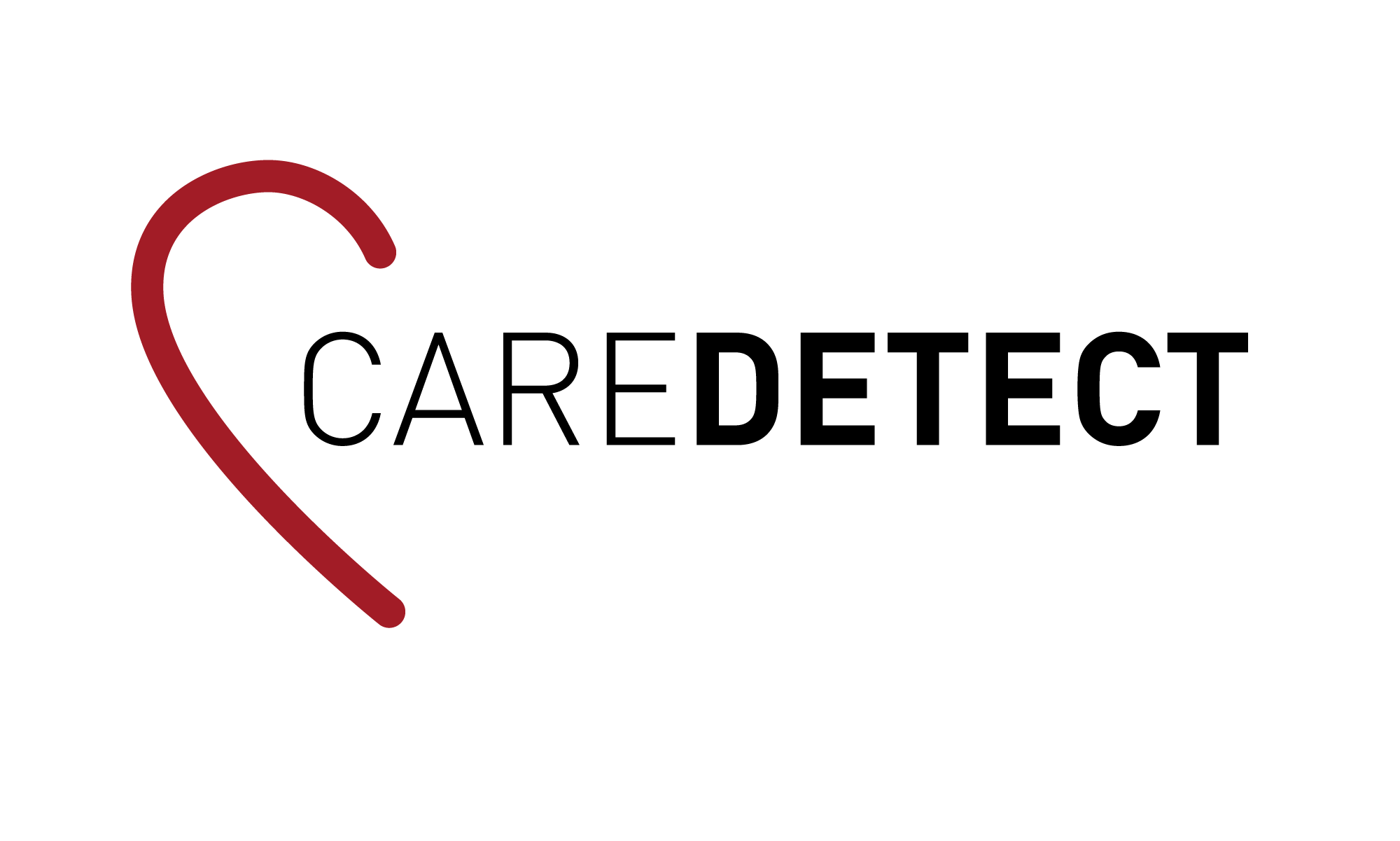Randomized prospective trial to assess low work-load concept for the detection of silent atrial fibrillation (AF) and atrial fibrillation burden in patients at high risk of AF and stroke (CARE-DETECT)
Rationale: Patient-centered novel e-health technology and services will lay the foundation for future healthcare systems and services to support health and welfare promotion. Yet, there is a lack of ways to incorporate novel technological innovations into easy-to-use, cost-effective and low workload treatment. Atrial fibrillation (AF) and its permanent form as well as the prevention of AF-related strokes are major challenges in cardiology today. AF is often silent or asymptomatic, but the risk of ischemic stroke seems to be similar regardless of the presence or absence of symptoms. Asymptomatic AF patients are more likely to evade diagnostic effort and without appropriate anticoagulation they are left vulnerable to thromboembolism and ischemic stroke. Approximately one third of all ischemic strokes are of an unknown cause. Recent studies have shown that more diligent monitoring of heart rhythm with ambulatory devices after a cryptogenic stroke uncovers a high number of silent AF episodes. Timely detection of silent AF is challenging and, therefore, a stroke is still too often the first clinical manifestation of AF accounting for 22% of AF-related strokes. In order to detect symptoms appearing at periodic or random intervals, a capability for longer-term monitoring, e.g. for several days or weeks at a time, is required. Implantable ECG loop recorders perform well in AF detection, but they are hardly feasible in large patient cohorts due to invasive nature and costs. Thus, there is an unmet clinical need for better AF detection tools.
ClinicalTrials.gov Identifier: NCT05351775
Collaboration
University of Turku and Turku University Hospital, Clinical center: PI Tuomas Kiviniemi, Dr Joonas Lehto, Dr Joel Nuotio, Dr Jussi Jaakkola, Dr Arto Relander, Prof Juhani Airaksinen, Research manager Tuija Vasankari, RN Anne Heikkinen
University of Turku, Health Technology: PI Tero Koivisto, PhD Olli Lahdenoja,
CAREDETECT trial protocol



